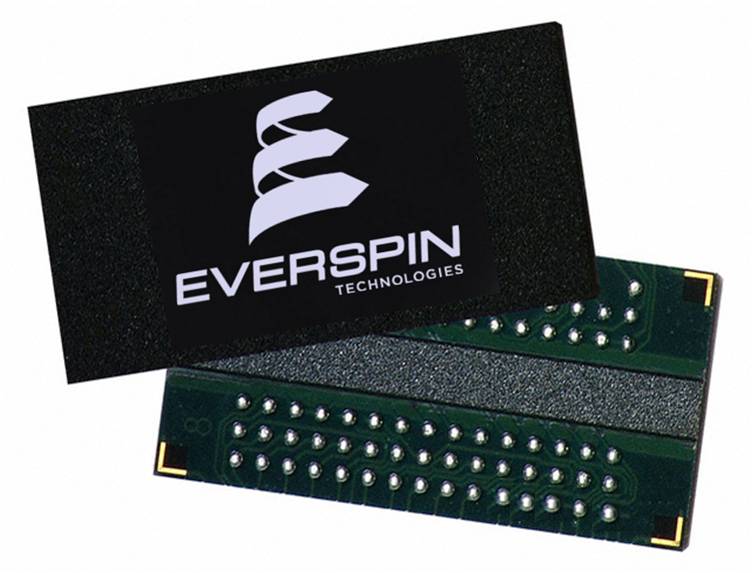Everspin's 1.5 million IOP SSD: Their secret is MRAM


Everspin has shipped over 60 million MRAM chips in the last eight years. So why haven't you heard of them?
MRAM is a different type of nonvolatile memory, with unlimited durability, good speed - 35nsec reads and writes - 20+ years of data durability, lower power consumption than flash, byte addressability, and the ability to endure extreme temperatures. It also costs much more than flash. As such it has found a ready market in embedded systems where reliability and ruggedness are paramount, like automotive, military and industrial applications.
That 1.5 million IOPS number is different too: it consists of 100 percent 4k writes. Writes are much slower for flash SSDs, so most of the vendor numbers for SSDs focus on reads, and often 100 percent reads. Read the fine print on all performance claims.
MRAM progress
special feature
Capacity is another issue. Today the largest MRAM chip is 256 Mbit, with 1 Gbit chips coming soon. So those fast SSDs are small, currently 1 and 2 GB, with 4, 8, and 16 GB SSDs coming this year.
Storage systems usually need a small amount of fast, durable and byte addressable storage for applications such as metadata, OLTP commits and logs, memory maps, write buffers, and other crucial but unseen applications. Thus Everspin is billing their fast, small, NVMe/PCIe SSDs as application accelerators.
And where money is no object, such as high frequency trading, people will use them as SSDs directly. Any current designs that use static RAM - SRAM - may also benefit from MRAM. Everspin hasn't priced these SSDs yet, but they won't be cheap.
Global Foundries is currently building MRAM on a 22nm process, so future shrinks will further increase density and reduce costs. Everspin also now has Xilinx FPGA support, a technology that many products use today.
The Storage Bits take
MRAM won't show up in your smartphone - at least in significant capacities - anytime soon. But as part of the larger revolution in nonvolatile storage, it offers capabilities for system designers that mean better performance and reliability for the rest of us.
This weekend I'm off to the 8th annual Non-Volatile Memory Workshop at UC San Diego to see what's happening in the fast-evolving world of nonvolatile storage. CPUs may not be getting much faster, but there's much to be gained from faster and more robust storage.
Courteous comments welcome, of course.